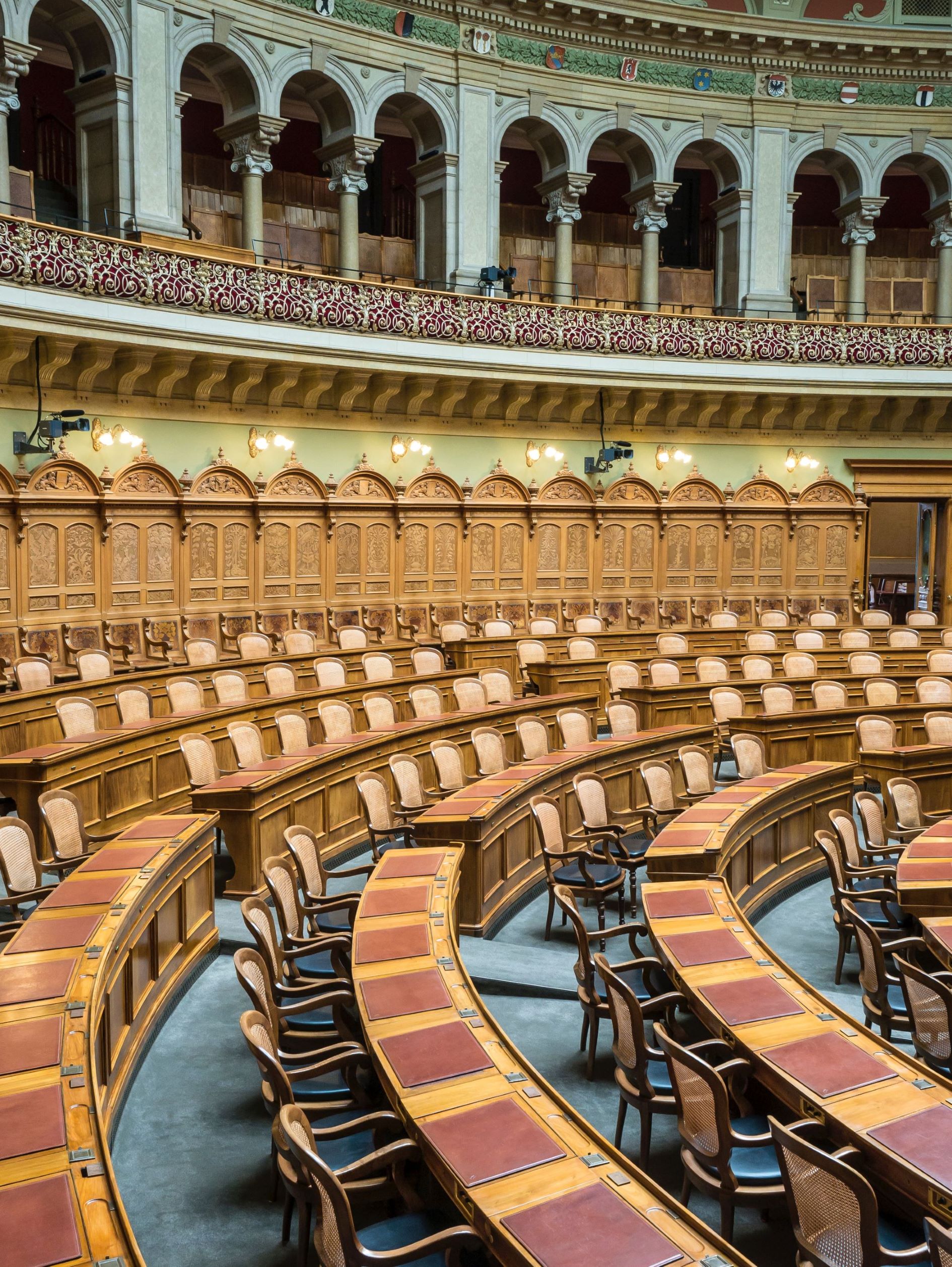Section 16 of the Canadian Charter of Rights and Freedoms recognizes two official languages of Canada, English and French. It gives them equal status and use, which means that both official languages have the same legal value. It is this constitutional recognition that distinguishes English and French from all other languages spoken in Canada.
Constitutional language rights are based on equality of identity, that is, the fact of belonging to the French-speaking and English-speaking European founding peoples. Cultural identity and the equality of Anglophone and Francophone cultural identity in judicial matters were recognized by the Supreme Court in the 1999 Beaulac case.
In that decision, the Supreme Court asserted that language is a very personal matter that forms an important part of cultural identity. It drew a clear distinction between language rights in a trial and the universal right to a fair trial, which applies to all defendants, regardless of their language.
This recognition of equality imposes an obligation of equal treatment for both official languages. This means that administrative inconvenience is no excuse for a failure to respect obligations and that the exercise of language rights does not constitute a request for accommodation.
“Positive” rights
A right is positive when it obliges the government to act. An example of a positive constitutional right is Section 20 of the Charter which provides that the government must offer services in both official languages. The government must act, that is to say, it must take the necessary steps to ensure it respects its obligations.
In contrast, a negative right prohibits a behaviour or state intervention. Criminal Law is a negative right; for example, it is prohibited to steal.
As emphasized by the Supreme Court in several decisions (Beaulac, Arsenault- Cameron, Doucet-Boudreau, Mahé, etc.), constitutional language rights are distinctive rights and have specific characteristics. What are their characteristics? They are always positive.
We also may refer to these rights as individual rights because they aim to repair past mistakes and any wrongdoing. When we talk about past mistakes and wrongdoing, we are referring to provincial laws that prohibited French-language instruction and assimilation policies that were enacted by different governments. As such, the Supreme Court has established that the interpretation of constitutional language rights must always take into account the historical context.





